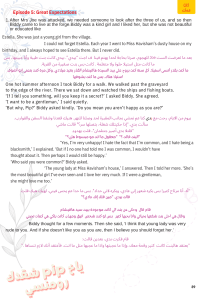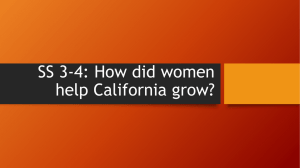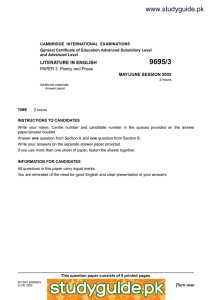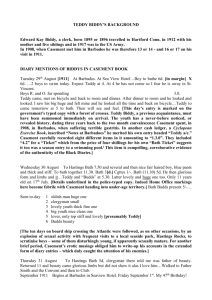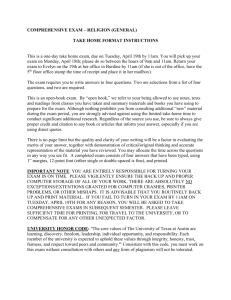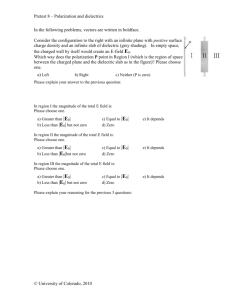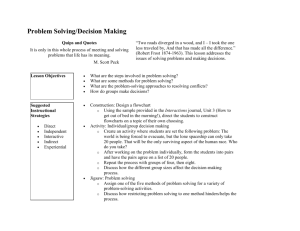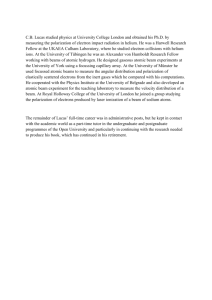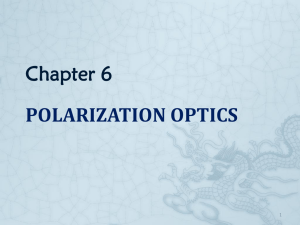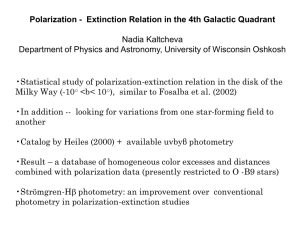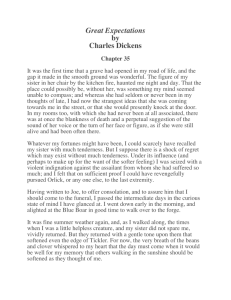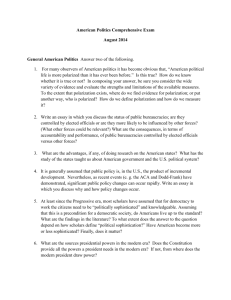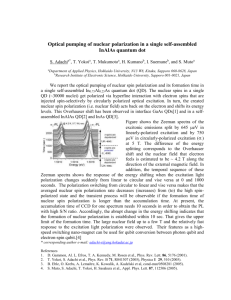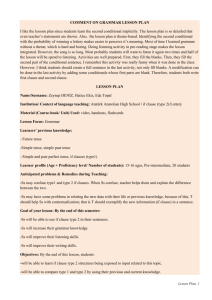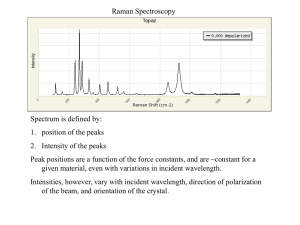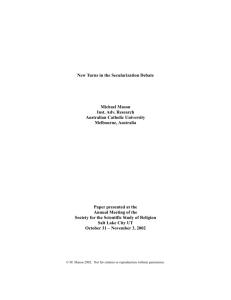RELS 215 Book review
advertisement
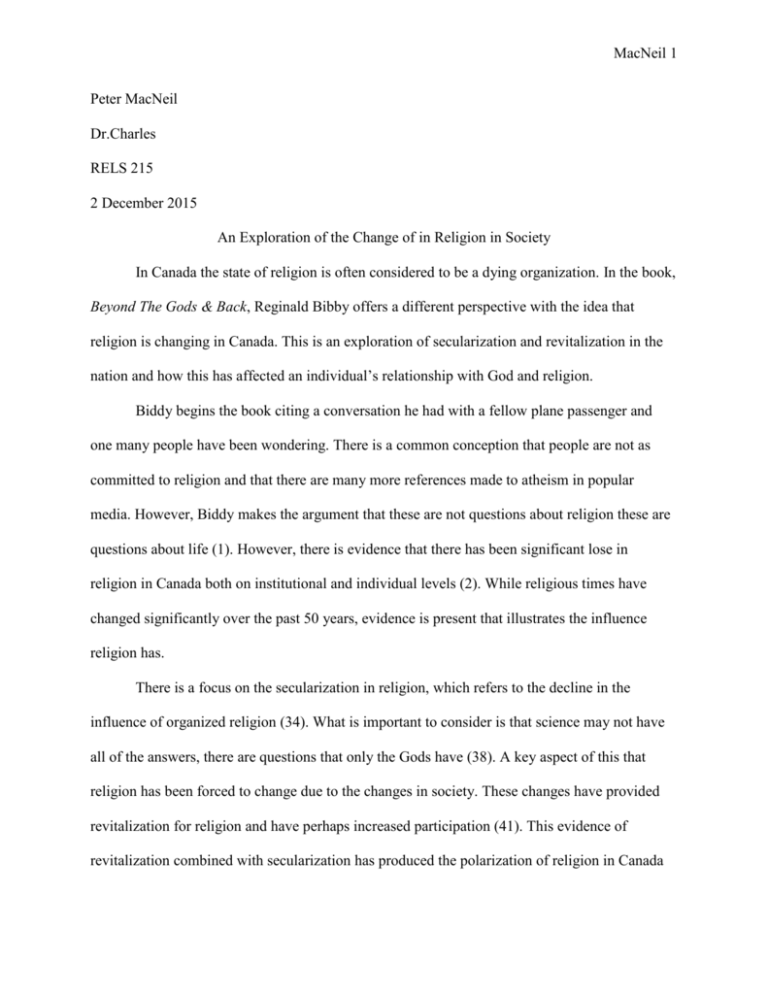
MacNeil 1 Peter MacNeil Dr.Charles RELS 215 2 December 2015 An Exploration of the Change of in Religion in Society In Canada the state of religion is often considered to be a dying organization. In the book, Beyond The Gods & Back, Reginald Bibby offers a different perspective with the idea that religion is changing in Canada. This is an exploration of secularization and revitalization in the nation and how this has affected an individual’s relationship with God and religion. Biddy begins the book citing a conversation he had with a fellow plane passenger and one many people have been wondering. There is a common conception that people are not as committed to religion and that there are many more references made to atheism in popular media. However, Biddy makes the argument that these are not questions about religion these are questions about life (1). However, there is evidence that there has been significant lose in religion in Canada both on institutional and individual levels (2). While religious times have changed significantly over the past 50 years, evidence is present that illustrates the influence religion has. There is a focus on the secularization in religion, which refers to the decline in the influence of organized religion (34). What is important to consider is that science may not have all of the answers, there are questions that only the Gods have (38). A key aspect of this that religion has been forced to change due to the changes in society. These changes have provided revitalization for religion and have perhaps increased participation (41). This evidence of revitalization combined with secularization has produced the polarization of religion in Canada MacNeil 2 (42). This polarization represents the two extremes of the viewpoint that on one end individuals are very involved in their respective religions, they attend services and are active in their church community. The other end of the spectrum shows people that have forsaken God and do not believe in any form of the entity, this is known as atheism. The percentage of people that have remained dedicated to religion has not changed since the 1960s, however the people that were once in the middle have drifted to either side, and as Biddy remarks, this is the direct reason for polarization (51). Biddy established that it is important to remember that there are global variations when it comes to religious involvement (59). In the past there was a belief that science would “replace religious thinking” (186), but as refereed above, it is evident that individuals believe in God for a different reason than they believe in science. Science and religion have existed simultaneously and can continue to do so. Biddy does concede that with scientific developments religion may have to expand and give ground up to science (191). The primary goal the book is to focus on the polarization of religion and the impact that science has had on religion. Biddy proposes many interesting aspects of religion in the book, as well as other aspects that could have used more attention. This book also presents the opportunity for new research questions to be asked. Something applicable to the disconnect in society would be that people have begun to internalize their religion, it is more fragmented and experienced more on their own time (2). This can be attributed to the change in society to a more individualized culture. Due to this it was often said that religion did not have a future in developed nations, but intriguingly enough, this was not found to be the case (3). Within this shift in society it has been found that religion is experienced on an institutional, personal and organizational level (34). There has been a decline in organized religion due to the individualization of society. The pressures dictate that MacNeil 3 each person must be unique, they must be different and they must be independent. An organization like religion does not lend itself to this belief. There are also intriguing statistics presented that challenge the idea that religion has decreased in importance in our society. In 1984, 23% of teenagers made the claim that they were attending services on a weekly basis, in 1992 this percentage had dropped to 18% and despite the prediction that it would drop again in 2000, but it in fact rose to 21% (36). The statistic can be attributed to the polarization effect. The middle group that had remained neutral in past years was moving to either of the extremes, suggesting that the increase in teens attending weekly services was a repercussion of this. The other side of the extreme is illustrated when consideration is paid that since the 1980s the amount of teens that never attend services had doubled from 25% to 50% (45). This is also demonstrated when the amount of Canadians that stated they did not identify with any religion increased from 4% to 16% from 1971 to 2001 (47). This provides evidence that polarization is occurring in Canada. Biddy also makes point that should be challenged. He makes the statement that despite high levels of attendance in American’s church, secularization is highly prevalent (35). This is misleading as later in the book he makes the claim that this is due to polarization as opposed to secularization. It appears as though Biddy is setting up a smoke screen for the reader so they are more surprised when the truth is presented. The book Beyond The Gods & Back, presents a detailed view about how religion is changing in Canadian culture. This is the result of Canada changing as a society and the impact polarization is having on religion. An interesting question would be to explore the correlation between the belief of God and the support of scientific discoveries, perhaps for Biddy’s next MacNeil 4 book. This is an informative piece of research that explores changing religion in Canadian society. MacNeil 5 Works Cited Bibby, Reginald Wayne. Beyond the Gods & back: Religion's demise and rise and why it matters. Lethbridge, AB: Project Canada Books, 2011.
